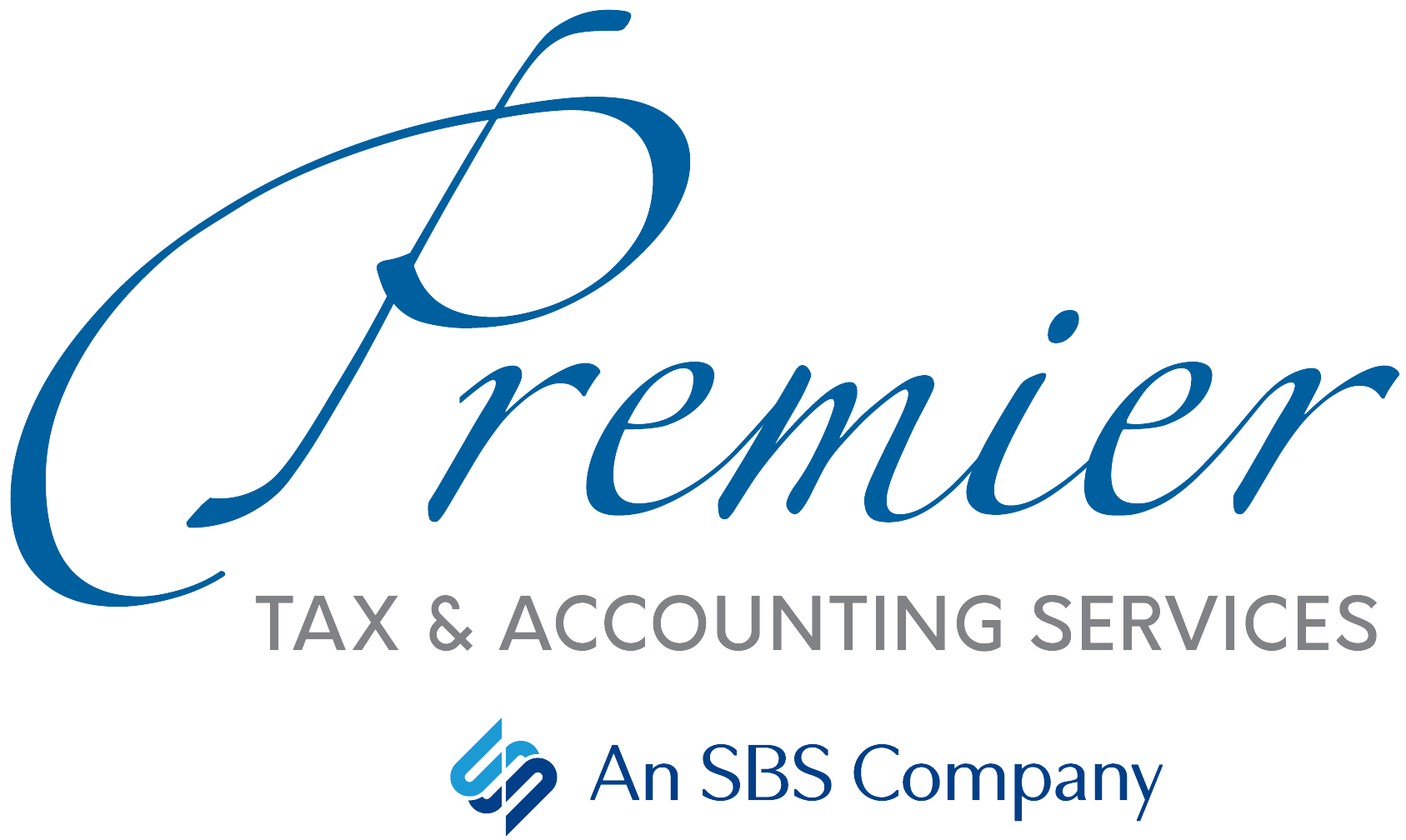The State of Georgia collected a whopping $23.79 billion in tax revenue last year — $2.12 billion this past June alone. That $2.12 billion came from a variety of sources — everything from $1.04 billion in individual income tax to $164 million in motor fuel tax and $19.2 million in alcoholic beverage tax.
Of course, much of the State’s tax revenue comes from Sales and Use Tax — something we get asked about a lot by our small business clients. In particular, many Fannin business owners and nonprofits have questions about tax-exempt sales.
Who Decides?
In general, the State of Georgia assumes that all sales are subject to sales tax until proven otherwise. The burden of proof that a sale is not subject to sales tax is on the person who makes the sale (unless the seller receives a valid ST-5 Sales Tax Certificate of Exemption from the buyer).
Big picture, the State imposes tax on the retail sales price of most tangible personal property — everything from furniture and home appliances to motor vehicles — with exceptions for things like prescription medication. A common misconception is that nonprofit organizations are not required to pay sales tax. The reality is that most nonprofits — churches, religious, charitable, civic and other 501(c)3-type organizations — are only exempt from income taxes and are subject to sales tax just like any other entity. (Of course, there are a few exceptions to this.).
Unlike tangible goods, most services are tax-exempt in Georgia, but the State does tax the sale of:
- Accommodations (e.g., hotels, cabin rentals)
- In-state transportation of individuals (e.g., taxis, limos)
- Admissions and charges for participation in games and amusement activities
- Charges made for delivery, transportation, freight or shipping & handling that are part of the taxable sales price
- Mandatory gratuities on a taxable sale
- Restocking fees
- Newspaper and magazine sales, including subscriptions
The reality is that it can get a little crazy trying to figure out what is taxable and what is not. For example, ear piercing is not a taxable service. However, if the piercing charge is a mandatory charge associated with a taxable sale – such as the sale of earrings – then the piercing charge is subject to tax.
In fact, the list of services and items that are tax-exempt runs 17 pages long on this official list from the State of Georgia.
Who Do You Charge (and How Much)?
Once you determine if an item or service is taxable, the next step is to determine how much sales tax you need to charge different customers.
Store Sales — For traditional business owners selling goods or services onsite, sales are taxed at the rate based on the location of the store. So, if you own a boutique in downtown Blue Ridge, you would charge customers a flat tax of 7% on all sales. This is based on Georgia’s 4% sales tax + Fannin County’s 3% sales tax, which includes our 1% Special Purpose Local Option Sales Tax (SPLOST).
In-state Sales — The state of Georgia follows what is known as a destination-based sales tax policy. So, if you are selling hot tub supplies over the internet, for example, sales are taxed according to the address of the buyer. A customer living in Savannah who purchases a $350 hot tub cover would be charged the State’s 4% sales tax + 3% for Chatham County, for a total sales tax of $24.50. If you charge for shipping, that would also be taxed.
Out of State Sales — The only time you need to pay sales tax on out-of-state sales is if your business has “nexus” in other states. Nexus means that your business has a physical presence in another state. Common types of nexus include:
- A physical location, such as an office, store or warehouse
- An employee who works remotely or who is a traveling sales representative
- A marketing affiliate
- Drop-shipping from a third party seller
- A temporary physical location, including festival and fair booths
When Is It Due?
The Georgia Department of Revenue requires businesses to file sales tax returns and submit sales tax payments online. How often you need to file depends upon the total amount of sales tax your business collects.
Annual: If your business collects less than $50 in sales tax per month, then your business should file returns on an annual basis.
Quarterly: If your business collects between $50 and $200 in sales tax per month, then your business should file returns on a quarterly basis.
Monthly: If your business collects more than $200 in sales tax per month, then your business should file returns on a monthly basis.
Need Some Help?
Computing, collecting and remitting Georgia sales tax can add an unwelcome level of complexity to running your business. The consequences of getting it wrong include costly fines and the dreaded sales tax audit.
If you’re thinking of opening a business — or just want to make sure you’re handling sales tax correctly with your current one — give us a call. We’ll be happy to answer your questions and can even show you how to set up QuickBooks to correctly compute and collect sales tax.
(Source: Georgia Department of Revenue)

Valuation Appeal Deadline Approaching
If you own property in Fannin County, you should have received an Annual Assessment Notice from the Fannin County Board of Assessors in the mail recently. This annual notice shows the amount of your 2019 ad valorem tax bill based on your property’s appraised and assessed values.
It also provides information on filing a property tax appeal, which must be done in writing no later than 45 days after the date of the notice. If you do not file an appeal by the due date, your right to appeal will be forfeited.
Details and forms for filing a property tax appeal are available on the Georgia Department of Revenue website. You may also visit the Fannin County Tax Commissioner’s website.
Fun Facts
1.
One in eight American workers have been employed by McDonald’s.
2.
Walmart averages a profit of $1.8 million every hour.
3.
Yahoo is an acronym for “Yet Another Hierarchical Officious Oracle.”
4.
Google was originally called BackRub.
5.
70% of small businesses are owned and operated by a single person.



